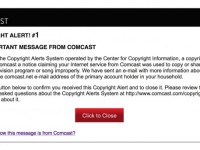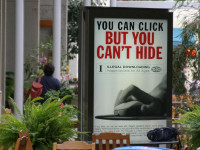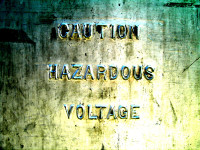The problems associated with Canada’s copyright notice-and-notice system have been well chronicled. The Canadian system – which was acknowledged as equivalent to the U.S. notice-and-takedown approach in the TPP – allows rights holders to send notifications alleging infringement to intermediaries who are obligated to forward the notifications to their subscribers. The intermediary does not disclose the identity of the subscriber and it falls to the rights holder to pursue further action if they so choose. Unfortunately, the failure to include regulations stipulating what may be included in a forwarded notice has led to rampant misuse of the system, with anti-piracy companies sending millions of notifications that include demands for payments over unproven allegations.
The need to fix the notice-and-notice system should be a 2017 Copyright Act review priority, though the solution lies in adopting regulations that do not require a legislative overhaul. The issue is attracting increasing attention and made its way onto the floor of the House of Commons this week as NDP MP Brian Masse directly asked Prime Minister Justin Trudeau about it:










